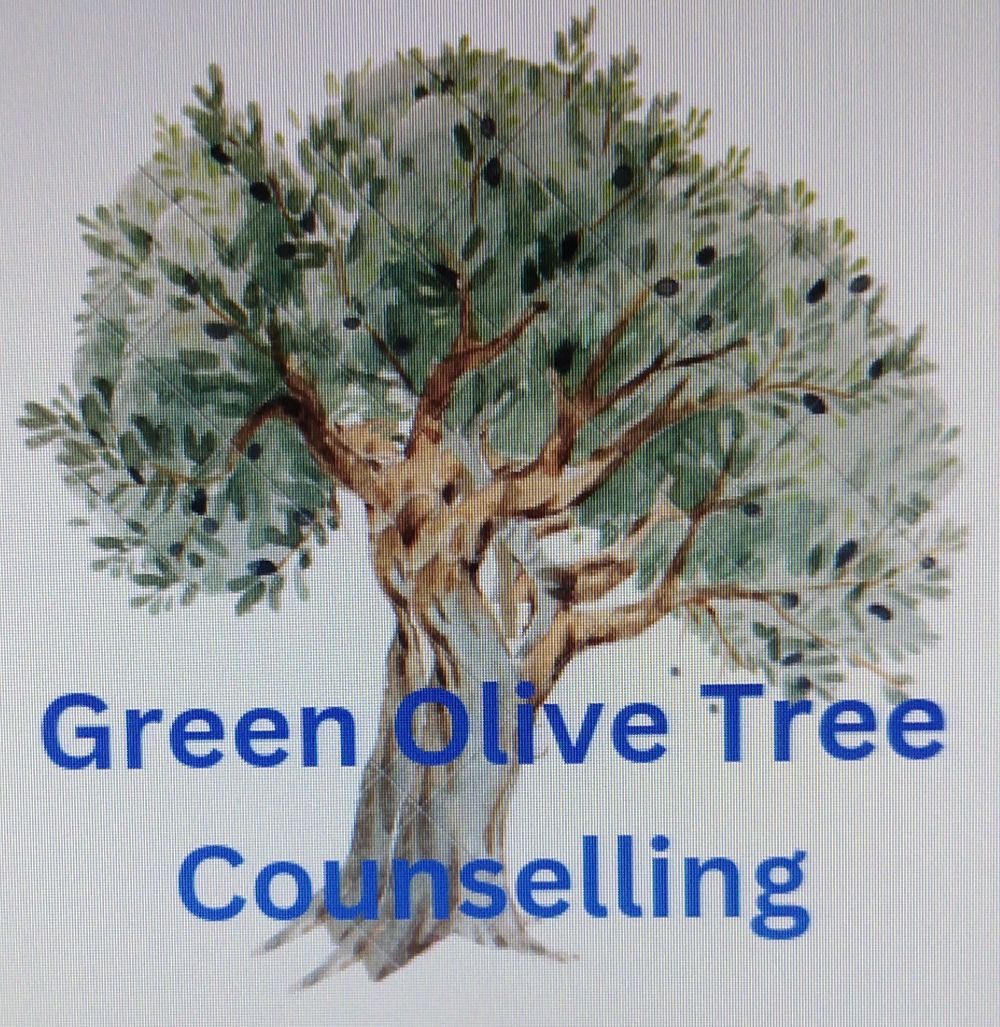FREQUENTLY ASKED QUESTIONS
What’s the Difference Between Counselling and Psychotherapy?
This is a very common question.
Counselling and psychotherapy are very similar, and the terms are often used interchangeably. However, there are a few small differences.
Counselling usually focuses on something specific that’s happening in your life right now, such as stress, relationship difficulties, anxiety, grief, or an important decision. It is often short- to medium-term and can help bring clarity, relief, or new ways of coping.
Psychotherapy tends to go a little deeper. It may explore long-standing emotional patterns, early experiences, or difficulties from the past that continue to affect you in the present. It is often longer-term and can support deeper self-understanding and personal growth.
So, which one do I need?
You don’t need to decide before starting. In Person-Centred Therapy, we work at your pace, with your goals in mind. Whether it feels more like counselling, psychotherapy, or a blend of both, what matters most is that the space feels right for you.
—————————————————–
How long will I need therapy for?
This is different for everyone.
Some people come for a few sessions to work through something specific. Others choose to stay longer-term to explore things more deeply or to have a regular space for reflection and support.
In Person-Centred Therapy, you set the pace. There is no pressure, no deadlines and no fixed number of sessions.
We will check in regularly to make sure the therapy is working for you, and you are always free to pause, stop, or continue as feels right.
—————————————————–
How often do I need to come?
Many people begin with weekly sessions, particularly at the start.
However, there is no strict rule. We can talk together about what works best for you.
Some people prefer fortnightly sessions, others attend more frequently for a while and some come back for support when they need it.
Life isn’t one-size-fits-all and neither is therapy.
—————————————————–
Why is the relationship between the client and the counsellor so important?
In Person-Centred Therapy, the relationship is the therapy.
It’s not about being given advice or being “fixed,” but about feeling genuinely listened to, without judgement, pressure, or expectation.
When you feel safe, accepted and understood, it becomes easier to open up, reflect, and make sense of what’s happening inside.
That kind of relationship can support growth in ways that feel right for you, not for anyone else.
—————————————————–
How do I make sure I find a counsellor I connect with?
Finding the right counsellor is a bit like finding the right pair of shoes — it needs to feel comfortable and right for you.
Here are a few things that can help:
Ask questions. You’re welcome to ask about how they work, their style, and whether they have experience with the issues you’re bringing.
Trust your instinct. During your initial contact or first session, ask yourself: Did I feel heard? Was I comfortable? Could I be myself?
It’s okay to try more than one. Not every counsellor will be the right fit, and that’s completely normal.
Connection matters. Qualifications are important, but how you feel with your counsellor matters just as much.
In Person-Centred Therapy, the focus is on building a genuine, honest relationship. You don’t have to perform or pretend — just be yourself.
—————————————————–
Why can counselling be beneficial from a young age?
Starting therapy at a younger age can be incredibly empowering. It offers children and young people a safe, supportive space to explore their thoughts, feelings, and experiences without judgement.
Developing emotional awareness early on can help young people build:
Stronger confidence and self-esteem
Healthier ways of coping with challenges
Better communication and relationships
Skills they can carry into adulthood
Early support can also help prevent difficulties from building up over time. Just as we learn to care for our physical health, understanding emotional well-being from a young age can lay the foundation for a healthier, more resilient future.
—————————————————–

